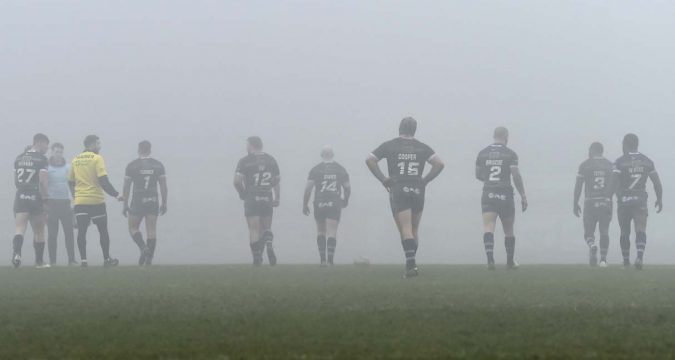 It was the news everyone feared, but everyone had already accepted.
On Monday, rugby league ground to a halt as a result of the coronavirus pandemic. The Rugby Football League confirmed all activity was suspended for a minimum of two weekends.
Now, clubs up and down the country are coming to terms with the implications of lost revenue and no
It was the news everyone feared, but everyone had already accepted.
On Monday, rugby league ground to a halt as a result of the coronavirus pandemic. The Rugby Football League confirmed all activity was suspended for a minimum of two weekends.
Now, clubs up and down the country are coming to terms with the implications of lost revenue and no What now? Clubs brace for the repercussions of coronavirus lockdown
 It was the news everyone feared, but everyone had already accepted.
On Monday, rugby league ground to a halt as a result of the coronavirus pandemic. The Rugby Football League confirmed all activity was suspended for a minimum of two weekends.
Now, clubs up and down the country are coming to terms with the implications of lost revenue and no
It was the news everyone feared, but everyone had already accepted.
On Monday, rugby league ground to a halt as a result of the coronavirus pandemic. The Rugby Football League confirmed all activity was suspended for a minimum of two weekends.
Now, clubs up and down the country are coming to terms with the implications of lost revenue and no 